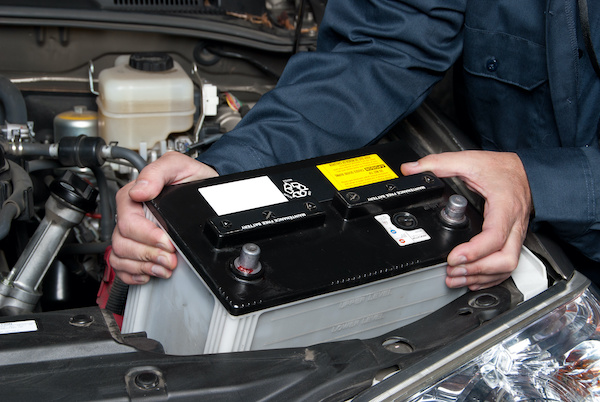Posted on 2/19/2021

CV (Constant Velocity) joints connect the axles of front-wheel-drive cars to the wheels. The joints allow the wheels and axle to flex as you drive to account for uneven surfaces, turns, etc. The CV joint is the weakest point in this system, and that's why it needs proper care: lubrication and protection from rocks, dust, dirt, etc. If the CV joint gets damaged, contamination will take place, and the lubricant will leak out. The Constant Velocity is sealed by a boot. This boot may get damaged, and when this happens, the joint will wear out and eventually fail. If you drive a car with a damaged CV, the joint will disintegrate further, making driving impossible. You'll not be able to control the vehicle and may get involved in an accident. In short, it is advisable never to drive a vehicle if its CV joint is damaged. If your CV joint is damaged, let a mechanic repair it for you before it's too late. But how will you know that your CV joint needs repair? Look out for the fol ... read more
Posted on 1/30/2021

Your car battery plays a crucial role in providing a power source to the ignition system and keeping your car running. As a rule of thumb, you should replace it every four to five years. However, a car battery life widely varies mostly based on how and where you drive and the state of your charging system. Besides changing your vehicle's oil and filters, maintaining your battery in its best condition enhances your car's performance and smooth running. Unfortunately, just like any other component, your battery is subject to wear with everyday use-even under the best care. Consequently, it loses its capacity to hold a charge, making it weak to start your car. Start paying attention to your vehicle's performance, especially when the battery hits the third year. That said, you can test your battery health condition at least twice a year using a digital voltmeter. A voltage reading below 12.29 volts is an indication that your battery is not fully charged, while an overcharged b ... read more